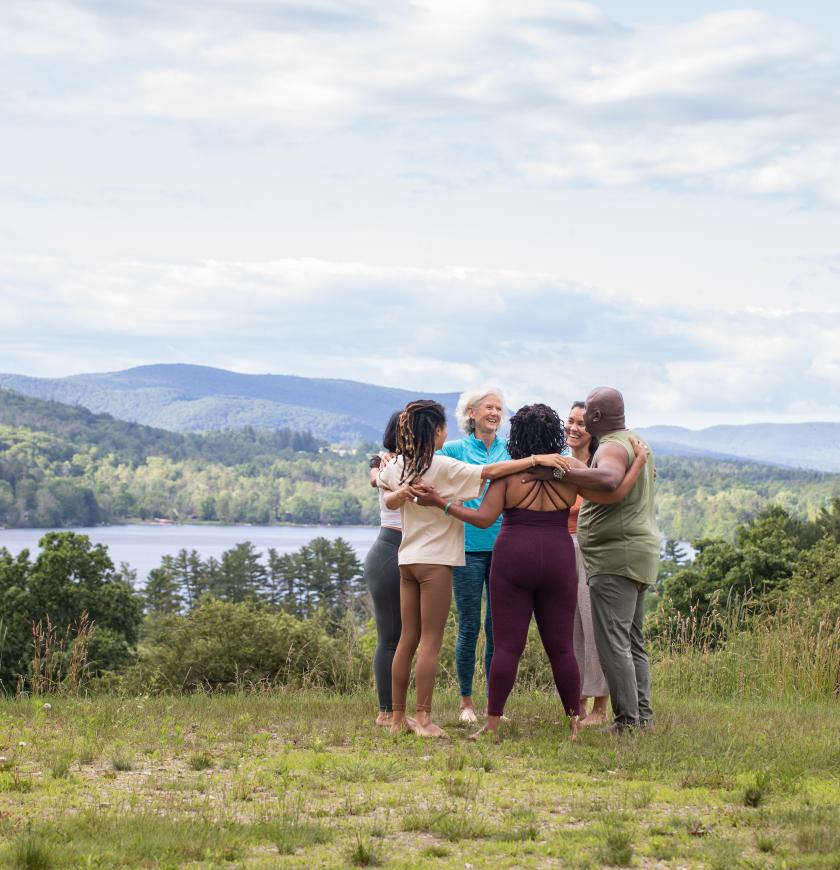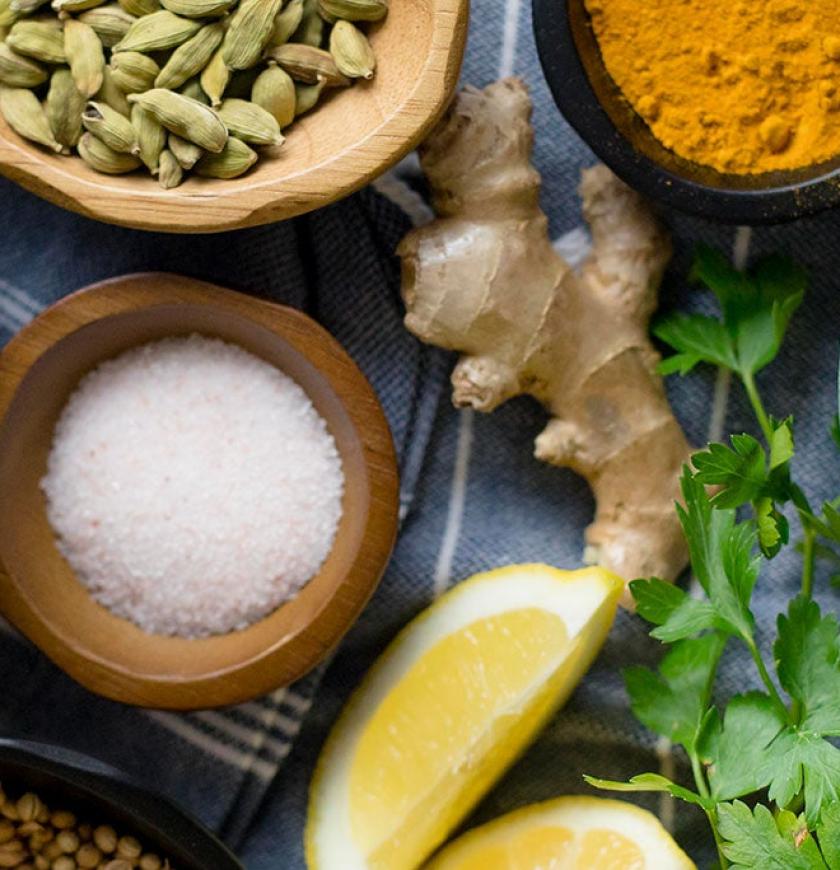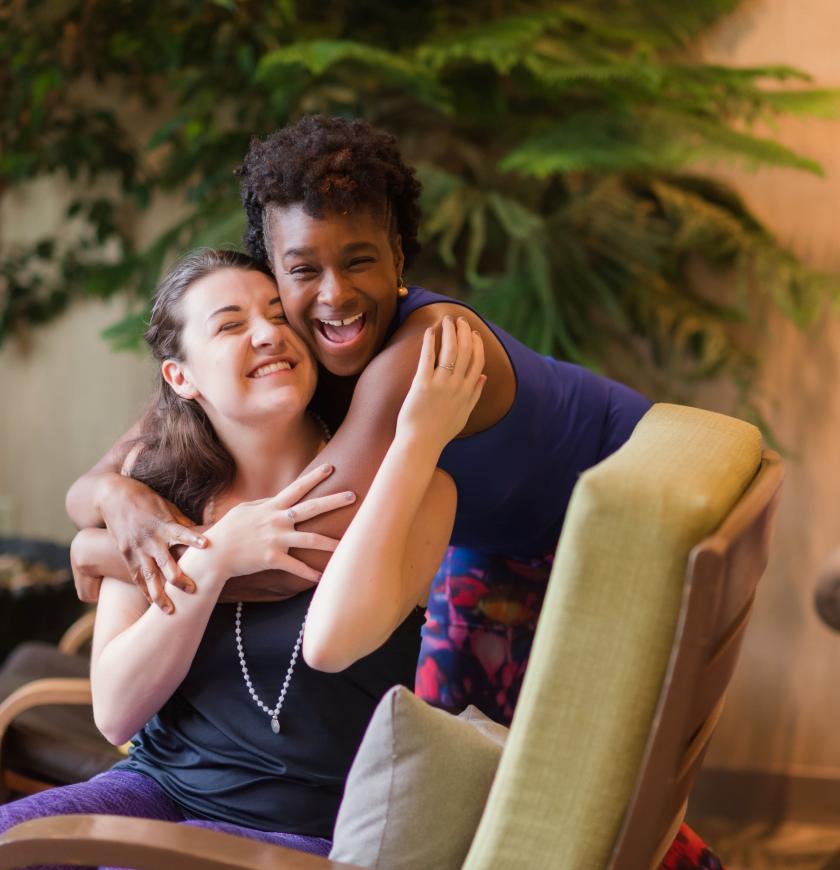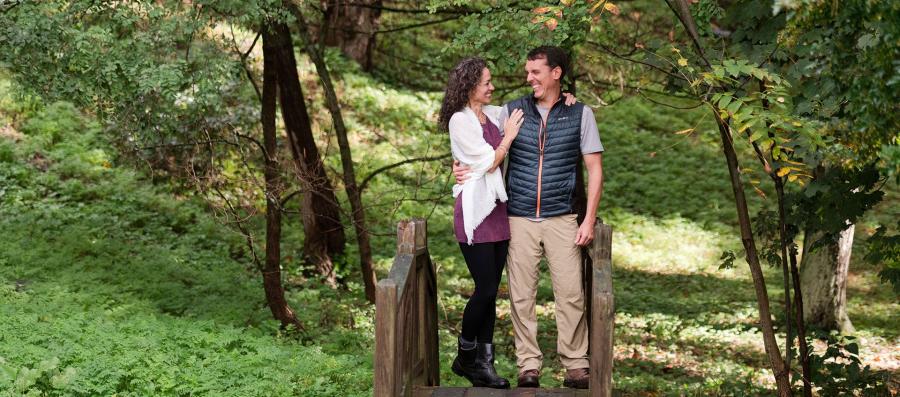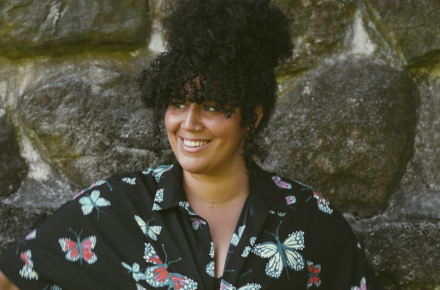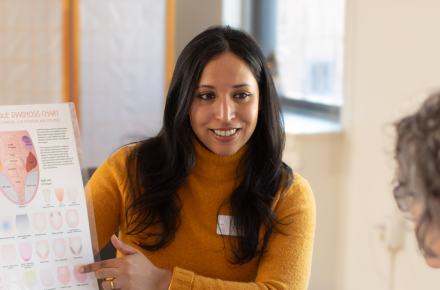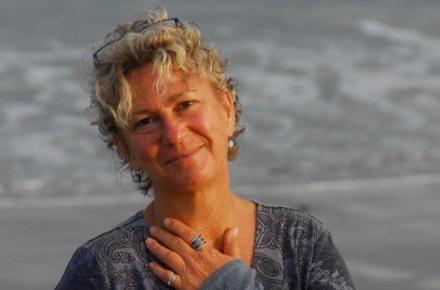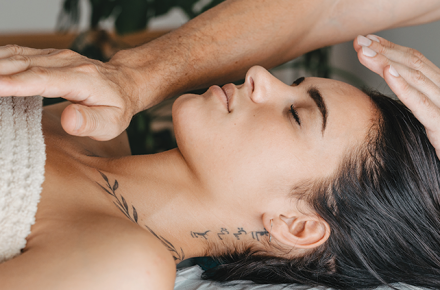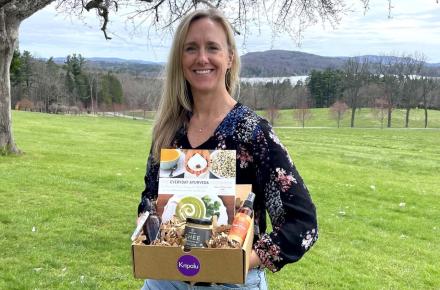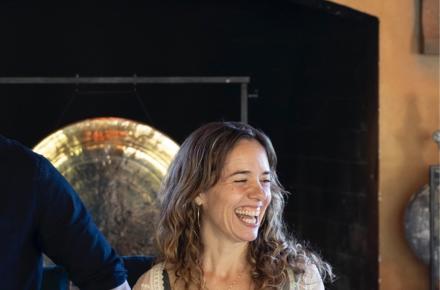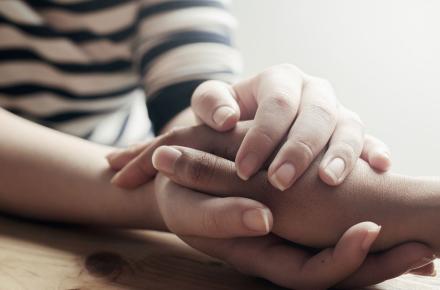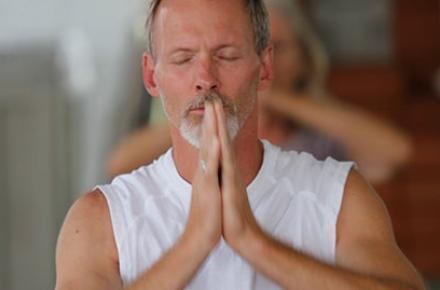Cultivating Self-Love to Heal Codependency
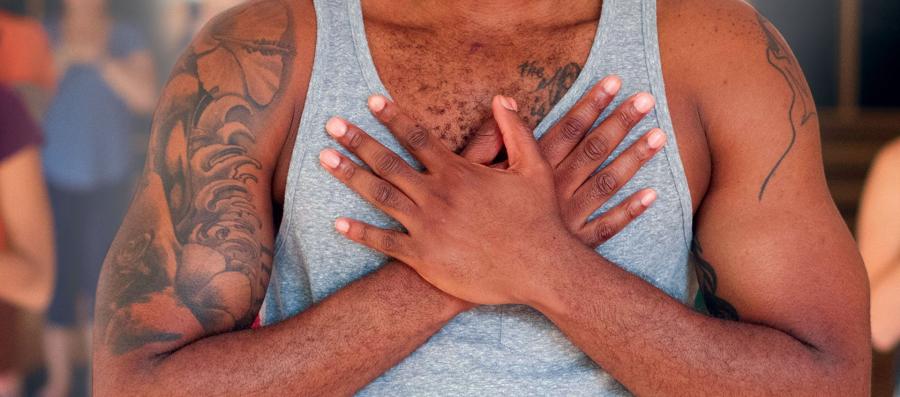
by Kimberly Jordan Allen
Ever have a relationship with someone and after a while, you start to notice that you feel drained, as though an energy vampire is sucking the life out of you? Or maybe you have an intense boss who just never seems happy with anything and makes you feel like you’re losing your marbles? Or perhaps you know someone who is emotionally unavailable and self-centered, but you keep coming back for more?
We’re interdependent beings. As such, we need connection—ideally the positive, give-and-take variety. But, at times, we can fall prey to relationships that are unhealthy but feel comfortable because they’re familiar. The behavioral patterns we engage in illustrate the ways we formed attachments and bonds as kids. These dynamics can influence our relationships, our work lives, the way we treat ourselves, and every other aspect of our lives.
Codependence and Childhood Trauma
Trauma in our initial attachment phase as a young child can influence our relationship patterns. We may have had a parent who seemed constantly dissatisfied, and we internalized that as our fault. Perhaps we had an emotionally immature parent who needed more from us than they could ever give. Maybe we had to be the caregiver for a parent who had mental-health challenges or drank too much. For whatever reasons, certain needs were not met and we internalized perceptions about ourselves and the world that permeate our daily life.
Ultimately, the codependent trauma can be described as a core feeling of lack. We’re not enough. Kripalu presenter Ross Rosenberg, psychotherapist, author, and creator of the Self-Love Recovery Institute, calls this “self-love deficiency.”
“The attachment trauma we experience in childhood creates a core shame for your sense of self,” Ross says. “This is a fundamental belief that you're not good enough, that you’re broken or inadequate. From core shame comes pathological loneliness, an existential dilemma. From pathological loneliness comes the pursuit of a drug to make the pain go away: codependency addiction.”
Codependency is a chronic relationship condition in which an individual gives all their love and caring away. As an object of that devotion, they often pick a narcissist who can’t return their love—but they stay in the relationship anyway, addicted to the dynamic. Studies show that insecurity can make codependent patterns hard to quell. We like to give, we think; it makes us feel good about ourselves, it makes us feel loved. So we give and give and give, and forget how to practice self-care—or we don’t believe we deserve it.
“Self-love plays a very important role in our relationships,” Ross says. “The codependency cure is about reversing the negative cycle of internal shame and external dependence in order to come to a place of existential peace and self-love.” This is a key part of healing the codependent cycle.
Healing Codependent Patterns
The process of healing dysfunctional attachments is not about blame or seeking restitution from others. It is about understanding who we are and the way we experienced relationships growing up—so we can generate new, healthier patterns. This is deep, highly transformative work, and it can be viewed through a yogic lens.
To change our patterns, we can start by recognizing and accepting where we are right now. That’s the first step. Once we know why we do what we do, we’re on the path to healing and embracing more fulfilling relationships in our lives.
And that’s where yoga can help: In practicing yoga—on and off the mat—we hone the art of awareness. Through self-observation without judgment—the BRFWA (Breathe, Relax, Feel, Watch, Allow) practice that’s central to Kripalu Yoga methodology—we come to better understand ourselves and how we relate to the world around us, including in our closest relationships.
Yoga teaches us to observe, to practice, to learn, and to integrate. When we apply awareness to emotional triggers and develop the skills to witness and shift codependent behavior, we are on the path to healing.
Kimberly Jordan Allen is an award-winning writer, editor, and content strategist.
